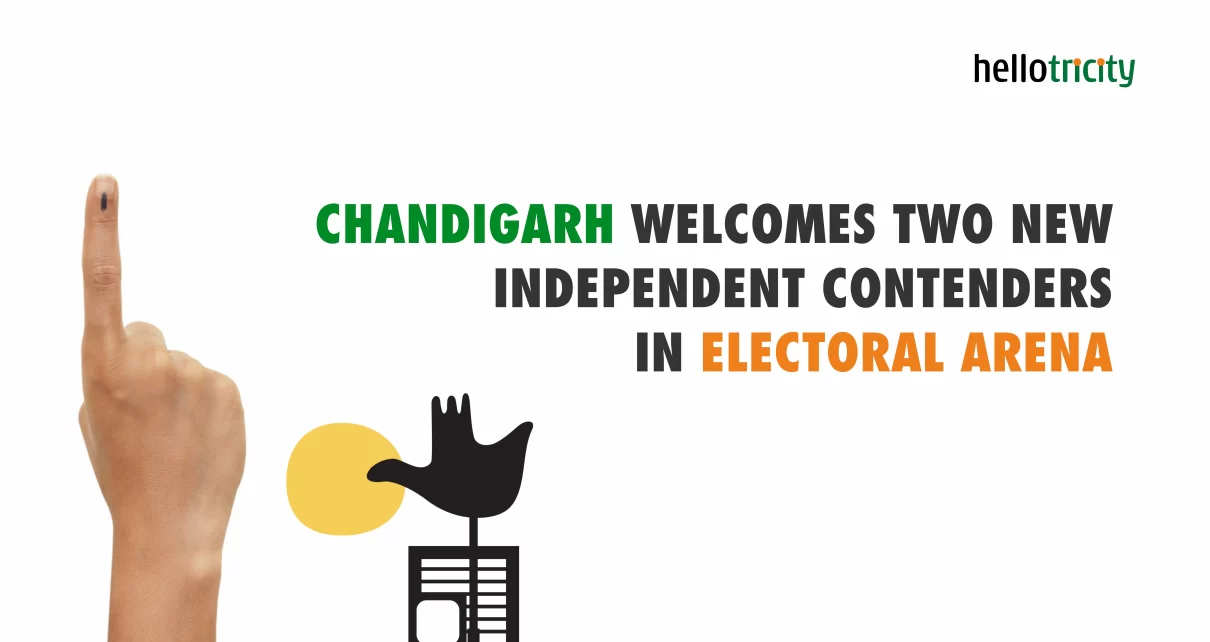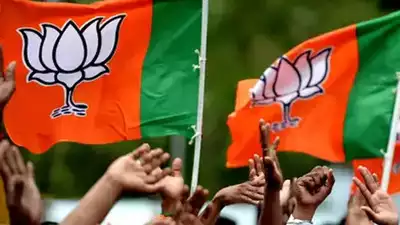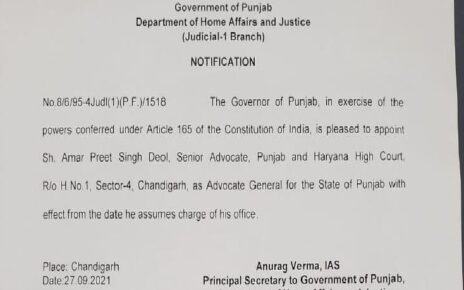With election looming on the horizon, Chandigarh’s political landscape has welcomed the entry of two independent candidates, intriguing the political landscape in the city. With the nomination process underway until May 14, candidates are marking their bids for a chance to represent the constituency, with the option to withdraw candidature until May 17 after scrutiny of papers.
Partap Singh Rana, a 65-year-old resident of the Baltana area in Zirakpur, Mohali, emerged as the first independent candidate to throw his hat into the ring. A retiree from the Haryana Civil Secretariat, Rana despite his lack of affiliation with any political party, entered the electoral politics for the first time. His wife, Usha Rani, a formerly Congress candidate turned independent councillor from Zirakpur’s Ward Number 1, lends a political backdrop to their household. Together, they declare assets totalling Rs 2.80 crore, including property and 40 tola gold.
On the other hand, Shakeel Mohammad, a 35-year-old MBA graduate from Shobhit University in Meerut, has also participated as an independent contender. Engaged in running the document centre and residing in Khajeri, Mohammad has previously aligned with AAP before parting ways due to personal reasons. Mohammad and his wife declared assets valued at Rs 30.72 lakh, primarily comprising their residence.
Also Read: BJP Under Scrutiny In Chandigarh Due To Campaigning
Rana and Mohammad’s inclusion in Chandigarh’s landscape stems from a desire to revitalise the city’s developmental trajectory. While Singh’s motivation is generated from disillusionment from traditional political establishments, seeking to amplify the voice of his community, Mohammad is looking forward to reinvigorating the city’s progress with his firsthand experience of societal stagnation.
As the electoral landscape evolves, candidates navigate the intricacies of the nomination filing process, adhering to guidelines outlined by the Election Commission of India. The emergence of independent contenders like Rana and Mohammad underscores a shifting paradigm in Chandigarh’s political arena, characterised by a diverse array of voices seeking to shape the city’s future.




